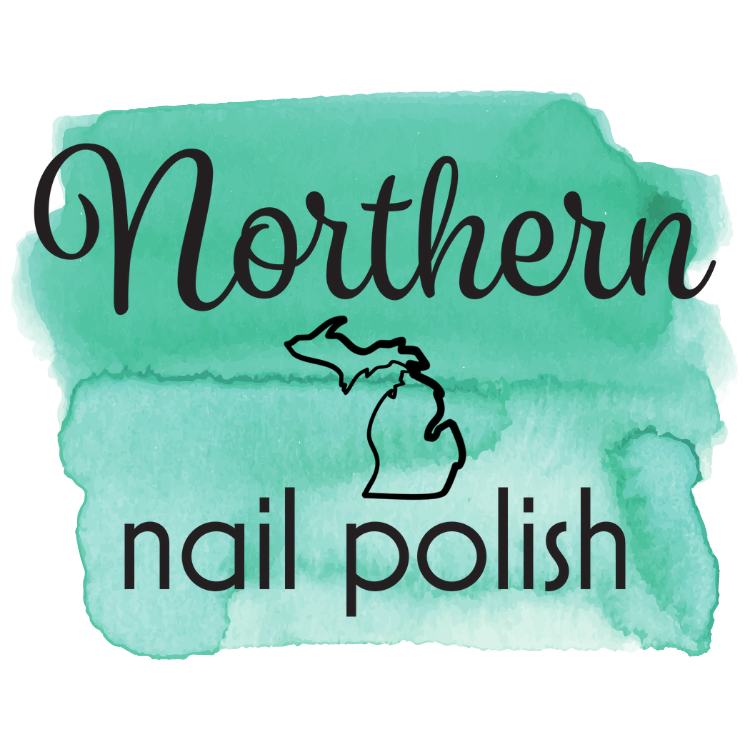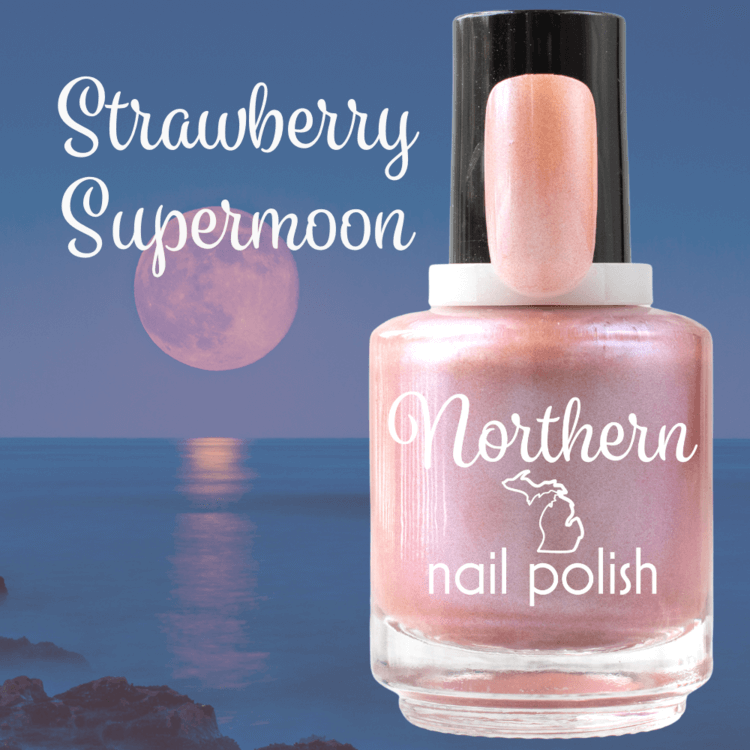Seasonal Self-Care: The Four Lunar Phases and Womanhood
Seasonal Self-Care: The Four Lunar Phases and Womanhood
When we refer to our terrestrial home as Mother Earth, we are doing it— her— all the justice possible by drawing that connection. There is more to that metaphoric title than meets the eye, and let us assure you, it's worth unpacking.
The Moon and You
The four lunar phases of this planet's moon have been compared throughout history to those of the feminine body's hormonal cycle. With both taking approximately 28 days and notably following a four-segmented process, humans have created symbolic attachments between the two.
It is believed that in many ancient cultures, women would menstruate during new moons and ovulate under full moons. In our present society, specifically the west, external hormonal influence and artificial lighting is suspected of playing a significant role in the dysregulation between the moon's cycles and those of women. It is a personal duty of self-care as a woman to understand how our cycle syncs and fluxes alongside the moon. Once this has been unearthed, a new terrain of self-study and well-being becomes available.
The lunar cycle throughout the planets' seasons is more of a mirror than we give it credit for being. From the wisdom-soaked months of winter to the new birth of spring, the mothering nourishment that grows in the summer to what is quiet and profound throughout the transformation of autumn— the seasons are, and always have been, sacred. Nestled within the lunar cycle and womanhood is the influence of the seasons.
Seasonal Influence
The seasons speak to us, and more subtly, through us, as the conscious eye on this planet. A "regular" hormonal cycle mimics this pattern for a woman, with the ebb and flow taking energy and focus to new spaces as the days pass. It is an ever-changing experience that doesn't just impact women's lives but drives them.
The seasonal influence within the four lunar phases of the female cycle sounds more complex than it functions. We are delighted to share details on the raw relationship between the feminine body and the lunar cycle, alongside some of the best seasonal shift self-care strategies.
WINTER | New Moon | Menstruation
Menstruation is a sensitive period for women's cycles, typically lasting three to seven days. Such as that of the winter season, this segment of our cycle requests rest and restoration. Energy is innately turned inward; therefore, it serves our head, heart, and body to follow that flow into introspection.
While the feminine cycle does not naturally follow that of the literal moon cycles anymore, the responses internally mimic that same 28-day process. The New Moon represents the menstruation process, the darkened hour of our internal development. Do not take dark as a connotation of "negative," but rather the way dark presents itself in nature-- as the absence of light.
Considering this correlation in energy and attention, it can be of profound value to accommodate the body in a cycle-specific way. Here are some self-care strategies for nourishment during menstruation;
Foods with iron, vitamin C, and other nutrients are essential. Whole, fresh vegetables such as beets and broccoli are great staples for meals during this sensitive period.
Seaweed and buckwheat are excellent resources for a natural energy boost when facing fatigue that may affect some.
Warm baths with low lighting can be soothing to the nervous system, which may become more easily exhausted during menstruation.
Turmeric and Mugwort in the form of steams or teas make for a comfortable detox.
SPRING | Crescent Moon | Follicular
The follicular phase takes place post-menstruation and pre-ovulation. This is a special period in the female cycle, as the follicle forms in the ovary. Similar to the growth in the spring, there is growth within the woman's body. Energy is used to grow and care for the unfertilized eggs that are preparing to take the form of life.
Estrogen and testosterone increase during this phase, creating a stronger communication between the head and the heart. Emotions are broader and more elaborate, connections made are reached with fewer steps, and as hormone production increases, energy levels top off. It is important to account for the increased level of emotional bandwidth that accompanies the energy levels, though, as to ensure the environments and activities during this frame of time are of benefit for the cultivation of what is to come.
During the follicular window, the body works night and day on internal growth. The resources required to do so put most women in a clear but sensitive space. Early blooms are fragile during the dawn of spring showers, and as is the female in cycle. Here are some self-care tips for the crescent moon period;
Consumption of foods high in healthy carbs and proteins can be great sources of the dense nutrients the body needs when preparing for ovulation. This includes foods like avocados and eggs.
Including broccoli in 1 or more meals a day during the follicular phase can make all the difference in processing the body's increased amounts of estrogen. It supports the liver through its natural detoxification while providing many other necessary nutrients.
With the brain firing from estrogen and testosterone production, energy levels can take flight during this phase. Settle into projects, hobbies, and physical health habits. This is a great time to plan for goals to be achieved and important meetings to take place.
SUMMER | Full Moon | Ovulation
While in ovulation, the female body experiences an abundance of hormonal blends. There is a powerfulness that saturates the female mind during ovulation, making it no surprise that it is correlated with the full moon. This is prime time to light incense and soak in the bubble bath— but not until after you've embraced the day!
The seasonal influence of summer is evident through the explorative, enthusiastic side of women that tends to reach peak energy levels during ovulation. The regions in the brain that orchestrate linguistics light up, and confidence tends to follow.
Ovulation is like summer, alive and vibrant. Here are some great ways to support yourself when this filling segment in the cycle of womanhood comes into focus;
You may feel less hungry due to hormone levels increasing, making it that much more important to consume the right fuel. Foods that are raw, fresh, and rich in protein are ideal for maintaining a healthy metabolism during this phase.
Fiber-dense foods are great for improving the detoxification of these hormones, along with any other toxins that may be in the body. It is always great to focus on maintaining toxic reduction, but especially during the ovulation cycle.
Ovulation can fill the body with a seemingly abundant source of energy, libido, and social drive. This can be an enjoyable time to get out with family and friends, explore novel places, or take on passions.
Engage with vibrant smells, soft sounds, and strongly shadowed lighting for centering practices during this phase.
AUTUMN | Waning Moon | Luteal
The post-ovulation phase, luteal, is correlated with the waning moon. The seasonal influence that takes place is with autumn. Progesterone is the hormone that creates the most impact during this part of cycling. As with autumn, the luteal phase is great for taking a step inward with energy and attention. Not so much as with rest but rather with our immediate lives. Checking in with our space, relationships, and how we spend our time are excellent places to start.
The hormones produced by women during the luteal phase are primed for accomplishment and focus. Embrace the progress but remain in tune with the body enough to understand when menstruation is approaching. For most women, this stage is consistently 12-14 days.
Here are a few self-care tips to keep on hand for the waning moon season of womanhood;
To address mood and momentum, it is a great idea to focus on B vitamins within the diet. Foods such as brown rice, chickpeas, or kale provide adequate B12, B6, and other vital nutrients.
Magnesium supplements before menstruation can help buffer the potential cramps.
While it is tempting to snack on less-than-healthy foods during this phase, consider supplementing some choices with seeds and nuts such as almonds or cashews. Both are high in magnesium, protein, and other vital nutrients-- and can easily be coated with sugary dust to cut the cravings. Consider doing your own with just 1 part grapeseed oil and three parts coconut sugar!
Make sure to show up for your body during this time. Whether that means resting, moving through mindful exercises, or painting your nails— listening to your energy levels and applying ease where possible is a nourishing way to enter menstruation.
The correlation between the moon and that which is womanhood can be watched along the night sky or through the time that touches all of life. It is a powerful syncing that occurs when women integrate awareness into their monthly hormonal cycles. A simple way to show up for your head, heart, and body is through self-care practices.
For safe, high-quality, made-by-women with love, self-care products— browse our Traverse City, Michigan self care store. From vegan, toxin-free nail polish for those inward moments to all-natural, zero-waste make-up options for a night on the town, Northern Self Care & Gifts is a one-stop self-care shop.
Please note that the information provided in this blog post is for educational and informational purposes only. It is not intended as medical advice, nor should it be used as a substitute for professional medical advice, diagnosis, or treatment. None of the statements made in this blog post have been evaluated or approved by the Food and Drug Administration (FDA).
If you have any concerns about your health or any medical conditions, please seek the advice of a qualified healthcare provider. Do not disregard, avoid, or delay obtaining medical advice or treatment because of anything you may have read on this blog.
The author, publisher, and website do not assume any liability for the information contained in this blog post. Any reliance you place on such information is strictly at your own risk. Always consult with your healthcare provider before starting any new treatment or making any changes to your current treatment plan.










